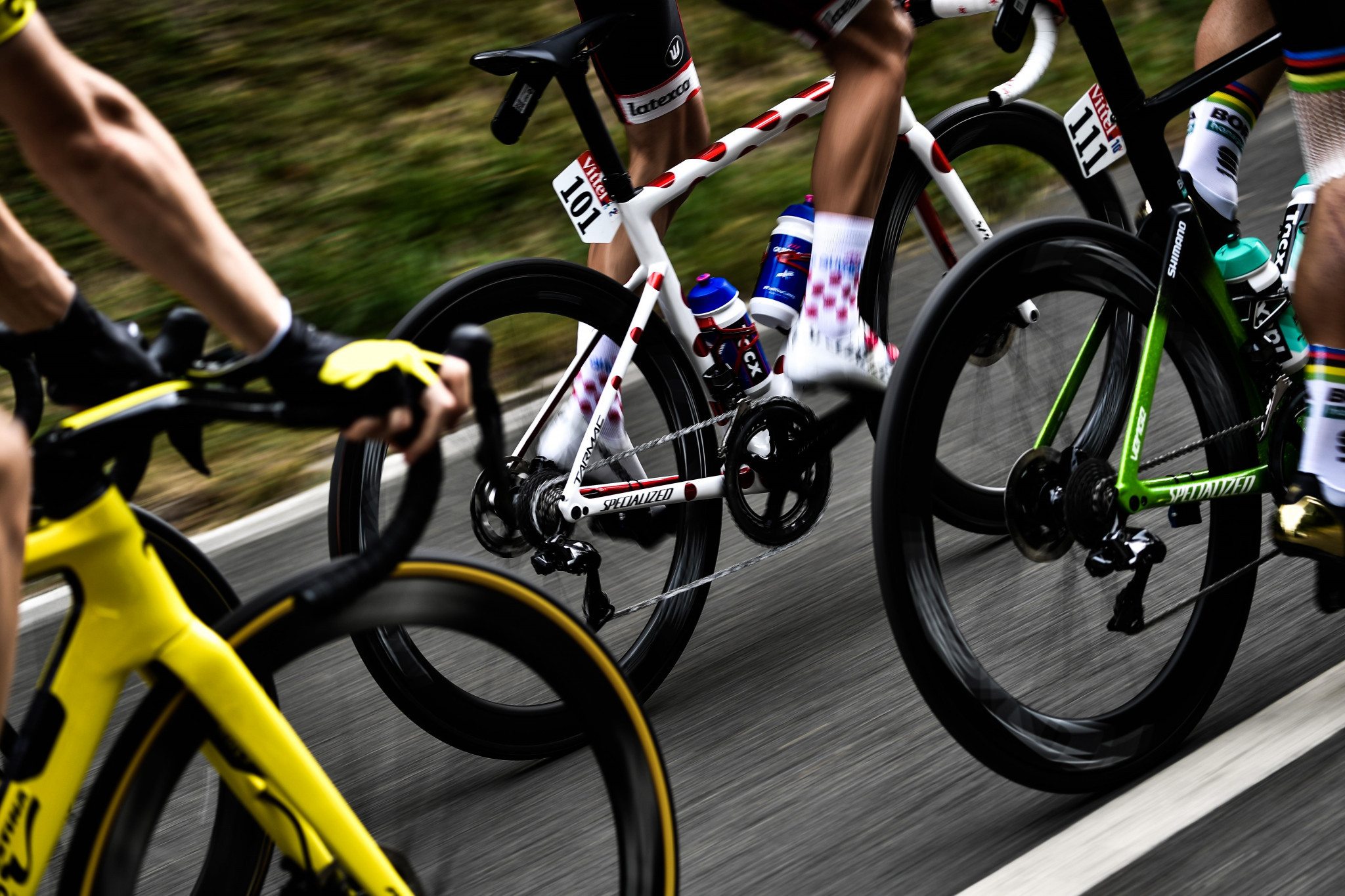A transgender cyclist could compete at this year’s Commonwealth Games in Birmingham following the approval of new gender rules by the Commonwealth Games Federation.
According to English newspaper the Daily Telegraph, an unnamed cyclist who once competed in men’s event could be in the mix to challenge for medals in women’s cycling competitions in Birmingham.
It has been reported that discussions over her potential participation lasted 12 months before reaching an agreement.
The CGF is to adhere to the gender guidelines put in place by International Federations for this year’s Commonwealth Games.
Under the International Cycling Union rules, transgender athletes will only be able to compete in the women’s category if their serum testosterone level is below five nanomoles per litre.
"The CGF will work in close partnership with the relevant International Federations to establish qualification and eligibility criteria for athlete participation at the Birmingham 2022 Commonwealth Games," a spokesperson for the CGF told insidethegames.
"This will be in keeping with principles established in the IOC [International Olympic Committee] framework on fairness, inclusion and non-discrimination on the basis of gender identity and sex variations.
"We embrace all Commonwealth athletes, citizens, communities and nations and promote fairness, non-discrimination and inclusion."
The gender rules for Birmingham 2022 are understood to be largely similar to those in place for Gold Coast 2018 where transgender weightlifter Laurel Hubbard represented New Zealand.
Hubbard, who competed at national level as Gavin Hubbard before transitioning in her 30s, ruptured ligaments in her left elbow at the Games in the Australian city, forcing her to withdraw mid-competition.
Following her recovery, Hubbard made history by becoming the first transgender athlete to compete at the Olympics when she participated at Tokyo 2020.
The IOC approved last November a new framework for transgender and differences in sex development athletes that recommends more flexibility to International Federations.
The framework is a move away from the 2015 Consensus Statement, which had a "one-size-fits-all" approach to the participation of transgender athletes, based on testosterone levels.
However, the IOC said its new approach - which features 10 basic principles - should allow flexibility for IFs, giving them space to design eligibility criteria that works for the sport and in the correct context.
The IOC first introduced eligibility for transgender people in 2003, but this required a drop in testosterone and gender reassignment surgery.
This was changed in 2015 with the Consensus Statement, only requiring a drop in testosterone to below 10 nanomoles per litre for at least 12 months.

